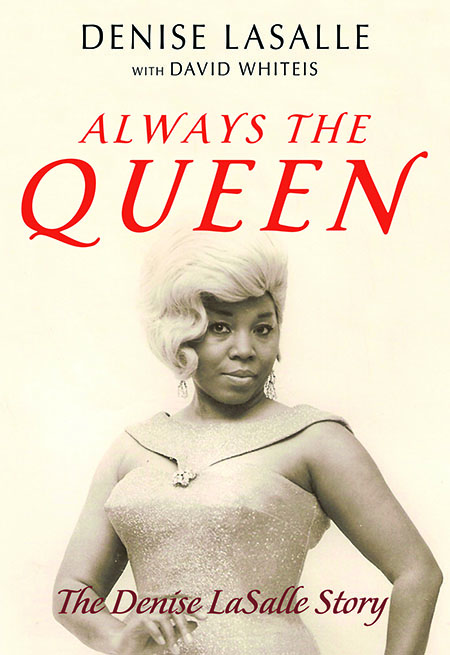Tough Stuff
A view of Jimmie Rodgers from the inside out
Paul Burch assigned himself a difficult and audacious writing task: creating a fictional account of the life of country music legend Jimmie Rodgers through a multitude of voices, including Rodgers’ own. He meets the challenge with his bold novel Meridian Rising.

The book opens with an author’s note offering the standard disclaimer for fiction inspired by real people and events, but it’s worded with a nod to the importance of facts: “Though this imagined tale is adorned with details of Jimmie’s extraordinary life, from his touring itinerary to his favorite brand of cigarettes, any true resemblance to persons living or dead is purely coincidental.”
Burch must have done a great deal of research to deliver a story that feels so authentic, but research alone doesn’t make a good novel. The writing is what matters, and Burch skillfully renders a large cast of narrators throughout Meridian Rising, especially its main subject, whose witty, sometimes barbed voice is vivid and memorable. Two examples:
“The unplanned child will often beat the planned child in a knife fight, if only for the hunger of lost love.”
“If you’re gonna crown somebody with your guitar, use the back.”
Burch is a critically acclaimed musician and bandleader in Nashville, and Meridian Rising is a sister project to Burch’s 2016 album of the same name. This is not the first time Burch has done a literary tie-in. His album Last of My Kind (2001) was inspired by Jim the Boy, a novel by Tony Earley.
Rodgers is somewhat overlooked among country music fans these days, but he was an integral part of the launch of the entire industry and one of the first inductees to the Country Music Hall of Fame in 1961. He was discovered by talent scout Ralph Peer when he turned up for the famous 1927 Bristol Sessions in East Tennessee, which is considered by many the Big Bang of country music as a commercial art.
 In the 1920s and early 1930s, Rodgers was a huge star, and his blend of folk and blues served to define the genre. His stature is comparable to Hank Williams Sr., but Rodgers’ heyday came a decade or more before Williams’ rise to fame, and much of the technology that made it easy for people to access Williams’ music wasn’t in place in Rodgers’ time.
In the 1920s and early 1930s, Rodgers was a huge star, and his blend of folk and blues served to define the genre. His stature is comparable to Hank Williams Sr., but Rodgers’ heyday came a decade or more before Williams’ rise to fame, and much of the technology that made it easy for people to access Williams’ music wasn’t in place in Rodgers’ time.
Burch makes use of letters, interviews, and other invented sources to give voice to characters drawn from the real Rodgers’ life and era. Among those heard from are Rodgers’ wife Carrie, blues aficionado H.C. Spier, blues singer Sam Chatmon, music publisher Peer, and singer Howlin’ Wolf. Duke Ellington even turns up briefly. Seen but not heard are entertainers Louis Armstrong, the Marx Brothers, Fatty Arbuckle, and baseball player Lou Gehrig. At a lunch, Rodgers and Stan Laurel (of Laurel and Hardy fame) converse about the art of entertaining in blackface, which was not verboten at that time.
Burch conjures up a unique voice for each speaker. It’s a difficult feat and he largely succeeds. (Occasionally, a reader might lose track of who is saying what, though a little backtracking can straighten that out.) He gives Rodgers a habit of using nouns as verbs: “Cadillacing” (driving a Cadillac), “real-estating” (buying property), and “phonographing” (recording). Direct quotes from Rodgers in the book don’t seem to originate — based on a brief perusal of the Internet — with the real singer, but they definitely feel plausible. For instance:
Find me somebody who’ll club a man to death for being hungry or small or walking funny or brown or black or hot or cold or slow or fast or sharp or dull or hairy or bald or from somewhere unpronounceable, and I’ll show you a man who knows his Bible.
Tough stuff, as is the tuberculosis that accompanies Rodgers throughout the book and will prematurely kill him.
The real Rodgers’ early demise — he died in 1933 at age 35 — made a completely factual biography with the singer’s cooperation impossible, although Nolen Porterfield did about as well as possible in 2017 with Jimmie Rodgers: The Life and Times of America’s Blue Yodeler. So, with the richness of its story and its grounding in period detail, Meridian Rising fills a void. Burch’s fictional portrait is likely to become an indispensable resource for people interested in this icon of American music.

Jim Patterson is a Nashville freelance writer whose work appears often on the United Methodist News website. He has been a reporter for The Associated Press in Nashville and senior writer and public affairs officer for Vanderbilt University.


